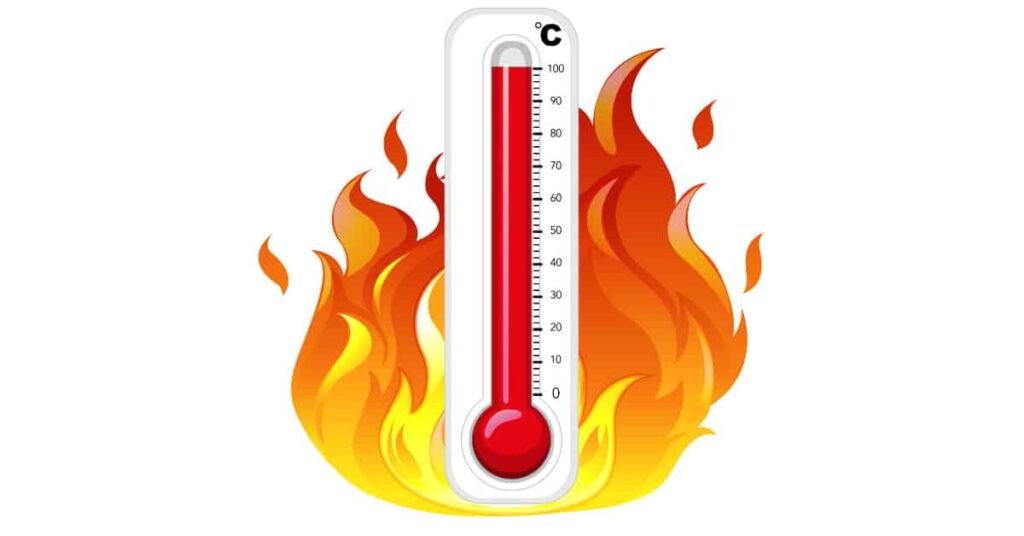June 2024
June 2024 has been confirmed as the hottest June on record, marking the continuation of an unprecedented streak of exceptionally high temperatures, according to the European Union’s Copernicus Climate Change Service (C3S).
This milestone extends a 13-month sequence where each month has set new records for global temperature highs compared to historical averages.
The data from C3S indicates that 2024 is poised to surpass 2023 as the hottest year since modern temperature records began in the mid-1800s.
Scientists attribute this trend to a combination of human-induced climate change and the natural weather phenomenon known as El Niño, both of which have contributed to soaring global temperatures throughout the year.
Zeke Hausfather, a research scientist at Berkeley Earth, estimates a 95% likelihood that 2024 will indeed surpass the temperature records set in 2023.
This prediction underscores the alarming trajectory of global warming and its profound implications for ecosystems and human populations worldwide.
The repercussions of this changing climate have already been devastating in 2024. Tragic heat-related deaths have been reported during the Haj pilgrimage, with over 1,000 fatalities attributed to extreme heat.
Similar heatwave-related deaths have occurred in New Delhi and among tourists in Greece, highlighting the lethal impact of rising temperatures on vulnerable populations.
Friederike Otto, a climate scientist at Imperial College London’s Grantham Institute, emphasized the critical role of human actions in mitigating climate change.
While the natural variability of El Niño plays a role in temperature fluctuations, Otto emphasized that reducing greenhouse gas emissions from fossil fuels remains the most effective strategy to curb global warming.
Despite global commitments to combat climate change, greenhouse gas emissions continue to rise unabated, driving temperatures steadily upward over the past several decades.
The C3S report underscores that the average global temperature over the 12 months ending in June 2024 was the highest ever recorded for such a period, exceeding temperatures by 1.64 degrees Celsius compared to pre-industrial levels (1850-1900).
As the world transitions from El Niño conditions to neutral and potentially cooler La Niña conditions later in the year, the immediate focus remains on addressing the root causes of climate change and implementing urgent measures to mitigate its impact.
The urgency of these actions is underscored by the clear and escalating risks posed by continued global warming.


